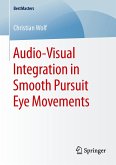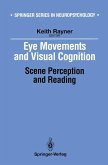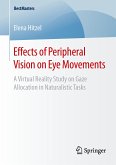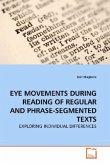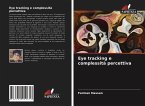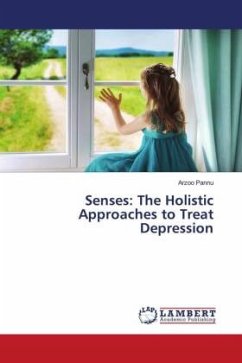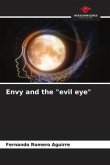The present thesis reports two experiments and a meta analysis on eye movements during scene perception. Experiment 1 revealed that saccade amplitude is directly proportional to image size, but the course of saccade amplitudes over viewing time is unaffected. Together with a meta analysis over image perception studies, this strongly suggests that saccade amplitude is predominantly controlled by stimulus size. Other factors such as image type, viewing task, or tracking equipment are of subordinate importance. Experiment 2 assessed the influence of viewing task and stimulus repetition. The results show that the viewing strategy adopted to solve a task is crucial, as the found patterns cannot be explained by memory load effects alone. Stimulus repetition influenced oculomotor measures in ways that refer to effects of visuo-spatial memory. Both experiments underline that several aspects of oculomotor behaviour are not constant over time; the behaviour seems to be of a different quality during the first one or two seconds. In sum, the results indicate that many elementary parameters are more important than previously thought, pertaining to theoretical as well as methodological issues.
Bitte wählen Sie Ihr Anliegen aus.
Rechnungen
Retourenschein anfordern
Bestellstatus
Storno


